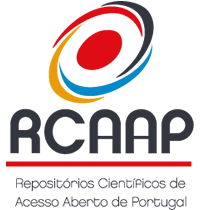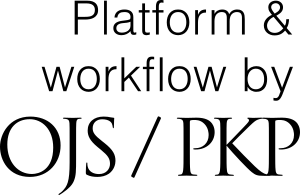Exploring quercetin's potential to counteract intestinal pro-inflammatory effects induced by silver nanoparticles
DOI:
https://doi.org/10.48797/sl.2024.240Keywords:
PosterAbstract
Background: Silver nanoparticles (AgNP) elicit an intestinal response characterized by vascular and cellular changes, alongside the release of cytokines linked to the activation of the nuclear factor-кB (NF-кB) pathway. Consequently, a search was conducted for a compound capable of counteracting the primary pro-inflammatory effects induced by these nanoparticles [1]. Given the reported anti-inflammatory properties of quercetin and its prevalence in the human diet, the use of this compound could be considered a potential strategy for safeguarding the body against the harmful effects of AgNP [2]. Objective: Evaluate the potential protective role of quercetin against the pro-inflammatory effects induced by 5 nm polyvinylpyrrolidone (PVP)-AgNP in C57BL/6J mice. Methods: Two subacute doses of 5 nm PVP-AgNP were orally administered once daily for 14 days using a novel dosing technology (HaPILLness), facilitating stress-free, precise oral dosing. Quercetin (1 mg/kg bw) was concurrently administered via intraperitoneal injection once daily for the same 14-day period. Results: Our findings revealed that quercetin effectively reduced the intestinal inflammatory response caused by AgNP, through a reduction of the vascular and cellular alterations and also a tight regulation of the major NF-кB inflammatory pathway, leading to a notable decrease in cytokine production. Conclusions: This study provides novel insights into the potential role of quercetin in alleviating the intestinal pro-inflammatory effects induced by 5 nm PVP-AgNP.
References
1. Sousa, R. Azevedo, V. M. Costa, S. Oliveira, I. Preguiça, S. Viana, F. Reis, A. Almeida, P. Matafome, P. Dias Pereira, F. Carvalho, E. Fernandes, M. Freitas, Archives of Toxicology, 97 (2023) 2643.
2. I. Shabir, V. Kumar Pandey, R. Shams, A. H. Dar, K. K. Dash, S. A. Khan, I. Bashir, G. Jeevarathinam, A. V. Rusu, T. Esatbeyoglu, R. Pandiselvam, Frontiers in Nutrition, 9 (2022) 999752.
Downloads
Published
How to Cite
Issue
Section
License
Copyright (c) 2024 Adelaide Sousa, Rui Azevedo, Vera M. Costa, Sara Oliveira, Sofia Viana, Flávio Reis, Agostinho Almeida, Paulo Matafome, Patrícia Dias-Pereira, Félix Carvalho, Eduarda Fernandes, Marisa Freitas

This work is licensed under a Creative Commons Attribution 4.0 International License.
In Scientific Letters, articles are published under a CC-BY license (Creative Commons Attribution 4.0 International License), the most open license available. The users can share (copy and redistribute the material in any medium or format) and adapt (remix, transform, and build upon the material for any purpose, even commercially), as long as they give appropriate credit, provide a link to the license, and indicate if changes were made (read the full text of the license terms and conditions of use).
The author is the owner of the copyright.









